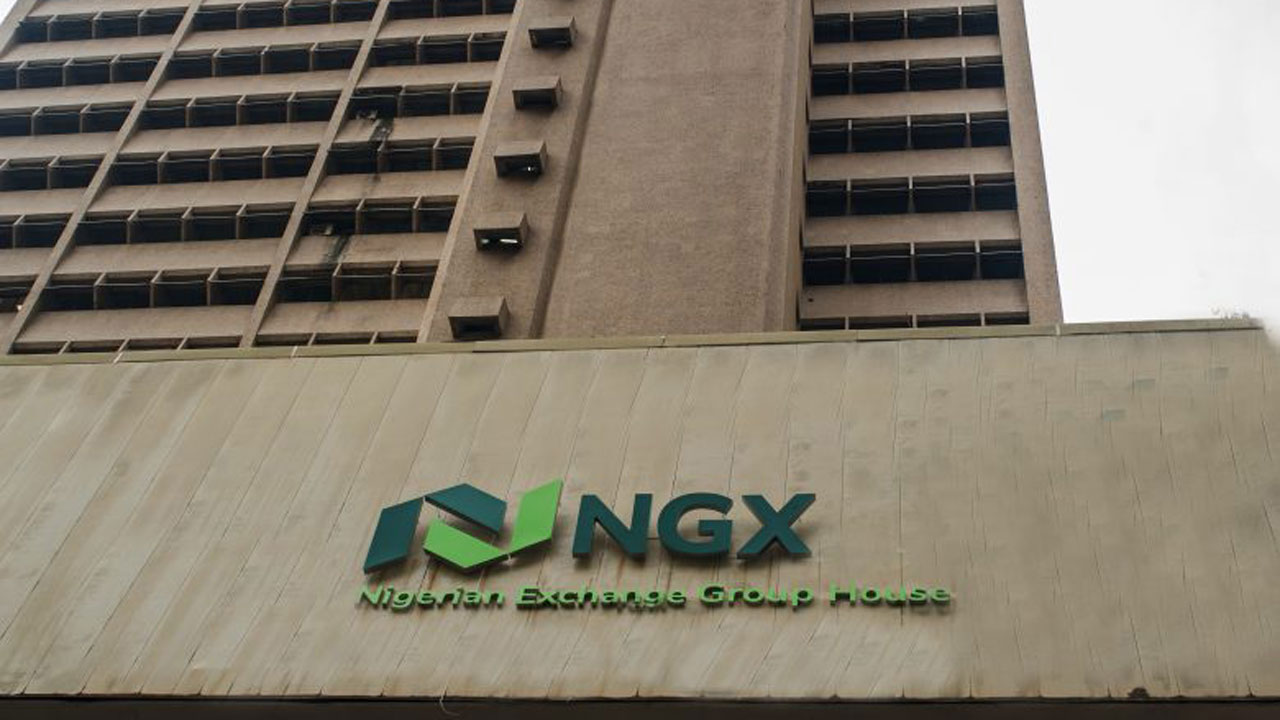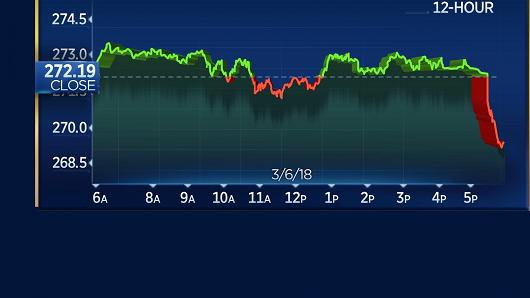Sterling slipped to a seven-week low on Thursday, as investors brushed off the Chancellor’s budget statement the previous day as largely a “non-event” that would do little to boost growth in Britain as it prepares to leave the European Union.
While Philip Hammond announced a rise in official growth forecasts for this year and cut predicted rates of public debt from November estimates, he also cut growth forecasts for the coming years. His statement was not enough to turn either the pound or the FTSE index positive on the day.
More impactful for markets was a much stronger than expected ADP jobs report from the United States, which economists said made an interest rate hike from the Federal Reserve next week all but inevitable.
The U.S. data were released as Hammond delivered the last part of his speech, and sterling, which had ticked a little higher after growth forecasts for this year were revised, fell back to a seven-week low of $1.2139 as the dollar surged across the board on the jobs numbers.
It stayed close to that low on Thursday, down 0.1 percent on the day at $1.2150. Against the euro, the pound hit a seven-week trough of 87 pence.
“The UK Budget was largely a non-event,” said Societe Generale macro strategist Kit Juckes. “UK fiscal policy is not going to boost growth, whereas U.S. fiscal policy is still expected to do so – the Fed is going to hike rates, whereas the (Bank of England) is not.”
“The US economy will grow faster in 2017 than 2016, whereas the UK will not and the 2018 gap will be significant. It all continues to weigh on sterling, and $1.20 remains in our sights,” he added.
Markets are concerned by signs that the 12 percent fall in the pound in trade-weighted terms over the past year — which has driven up inflation — and uncertainty over how Britain negotiates its exit from the EU are finally having an impact on UK household spending.
“Increased uncertainty due to Brexit so far only seems to be handled with a ‘wait-and-see’ strategy,” wrote SEB strategists in a note to clients. “The pound remains vulnerable when the markets focus shifts back to Brexit.”










